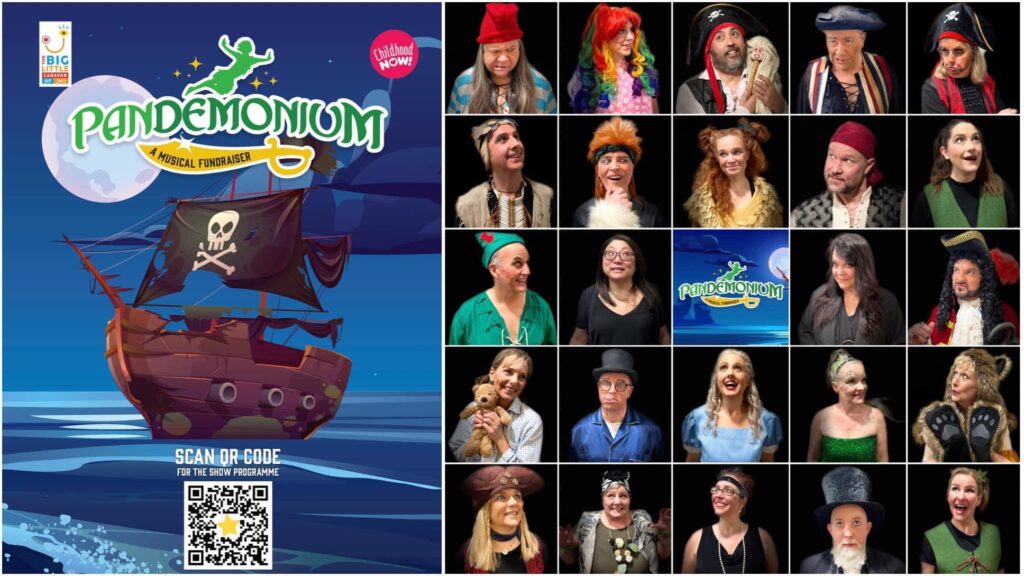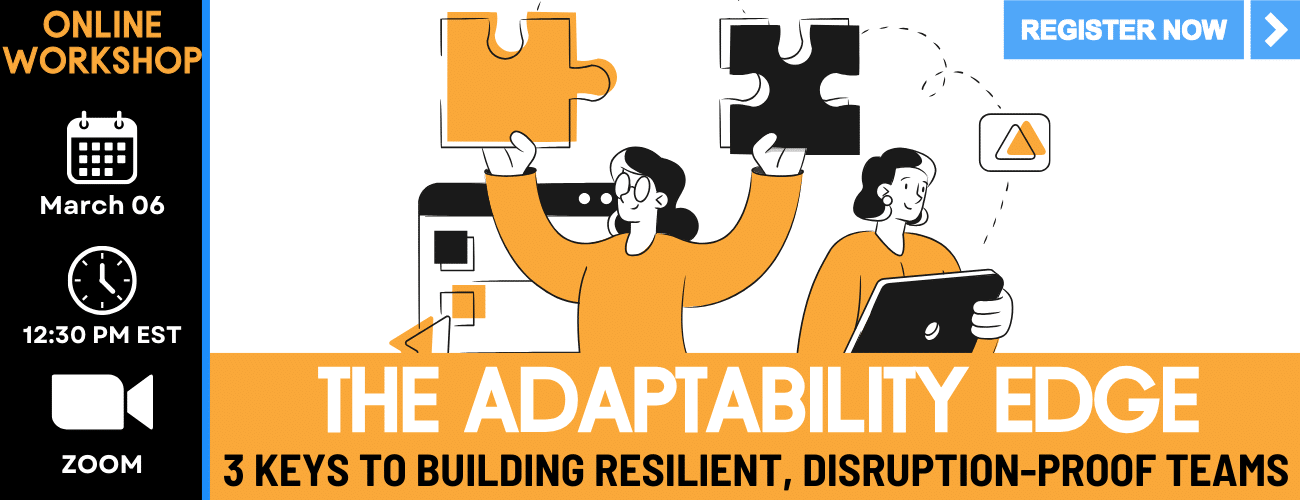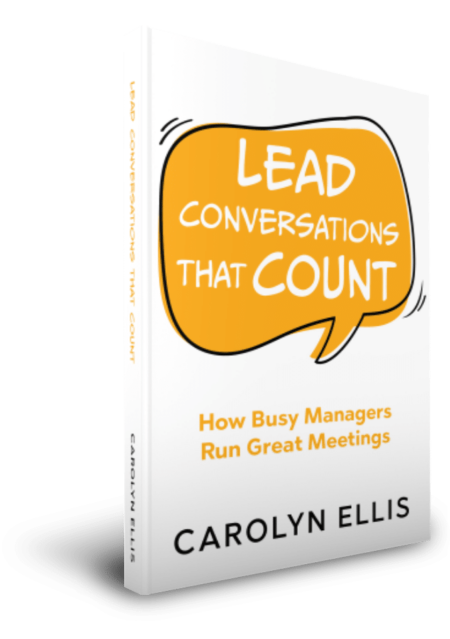Building adaptability, developing leadership and fostering great teamwork are objectives that get a lot of time, attention and resources in organizations across all kinds of industries and sectors. One challenge they face is how to take learning and information and have their people put it into action.

Putting on a community musical theatre production is a great laboratory to learn about leadership, creativity and decision-making in action. Having just completed my 7th production with the Riverdale Players, I often wonder how it might be possible for leadership teams to have a micro-experience of live performance as a way of gaining new insight and appreciation for what it takes to develop and lead high performing teams.
No matter how much you rehearse, there is something about the moment of performing in front of a live audience that is unique and special. In that moment, particularly with amateur performers, all kinds of shenanigans, mix-ups, and profoundly moving magical moments can occur. There’s an alchemy between performer and audience that creates a bond and an unforgettable experience. If only we could bottle up that alchemy somehow for organizations to use with their teams, I have no doubt a lot of the “quiet resignation” and disengagement issues would be solved!
Here are 3 of the most impactful elements I’ve learned in the theatre that can translate to leveling up team performance and adaptability.
People Bring it to Life
A script is simply words on paper until the actors bring it to life on stage. Similarly, a mission statement remains an intellectual pursuit until each member of the team becomes a living ambassador for that mission and demonstrates the values the organization holds on a daily basis.
I heard from some of our audience members that they thought our production this year was the best ever. To be honest, I was a bit surprised. The initial script wasn’t always clear with the stage directions and there wasn’t a lot of instruction about the kind of personality each character had.
Our director gave us scope and encouragement. This is where we as performers were able to lift the words from the page by how we chose to build out a full character. I was delighted to play a pirate and a gnome so the opportunity to bring a very different physicality and voice to my characters gave me a lot of chances to experiment and move out of my comfort zone, as well as to get some great laughs from the audience in the process.
People bring your policies and priorities to life.
What can you do to involve and empower your people to bring their personal contribution to your organizational mission?
What are you doing on an ongoing basis to support people to bring your mission and value to life in how you serve your clients and work together?
Earn the Trust
Trust needs to be earned, not expected. When the pressure is on and the change is swift and unpredictable, your ability to forge strong, trusting and respectful relationships will help you weather any storm. Trust requires humility, vulnerability and honesty.
Our theatre troupe has performed together for several years. Some are original cast members. Others were new this year. Over the past year we lost a beloved cast member to cancer.
Being able to turn towards one another to reach out a hand to a nervous newbie, or to encourage an experienced player to view things with a fresh perspective became an operating paradigm for us to develop a strong rapport. In the moment of performance when someone forgot a line or flubbed an entrance, shifting in the moment to have each other’s back helped to elevate our performance. Nurturing trust on an ongoing basis helped each actor feel safe to take risks and elevate their performance, rather than resting on their laurels from the previous night’s show.
What can you do as a leader to foster deeper trust and rapport within your team?
How can you be a role model for humility, vulnerability and honesty so you can create the safety needed for your team to excel?
Adapt and Adjust
Being able to handle unexpected curve balls and adapt quickly under pressure is something the workforce been getting a lot of practice with over the course of the pandemic. The relentless pace of change requires us to find that sweet spot between doing what works and creating new ways to work more effectively.
Delivering a live show offered myriad ways to develop our adaptability. In an effort to devote more of the box office sales to our charity, we didn’t have individual mics as we had in previous years, so we all had to learn how to project our voices to the back row of the theatre without them. We didn’t have a professional makeup team, so we learned how to apply our own makeup and support each other in getting the eyeliner, powder and costumes on just right. We improvised lines and entrances when needed. We experimented with ad lib lines and built upon them to see what would get the best audience response. A cast member was injured partway through the first night, and we adjusted our blocking and choreography so she could perform on crutches for the rest of the run.
Holding to our shared vision of supporting our children’s charity allowed us to bring a “do whatever it takes” attitude to our preparation and performance. We experimented throughout the rehearsal process to see what worked, and discarded what fell flat. Best of all, we took inspiration from each other to build upon ideas and create an audience experience that was a result of true collaboration and camaraderie.
How do you as a leader model adaptability and experimentation for your team?
Are you able to celebrate your learning from mistakes as much as your wins?
How prepared is your team or organization to respond to change in the next 1-3 years? Understanding your Adaptability Quotient is a great starting point. Feel free to reach out and we can set up a call.




